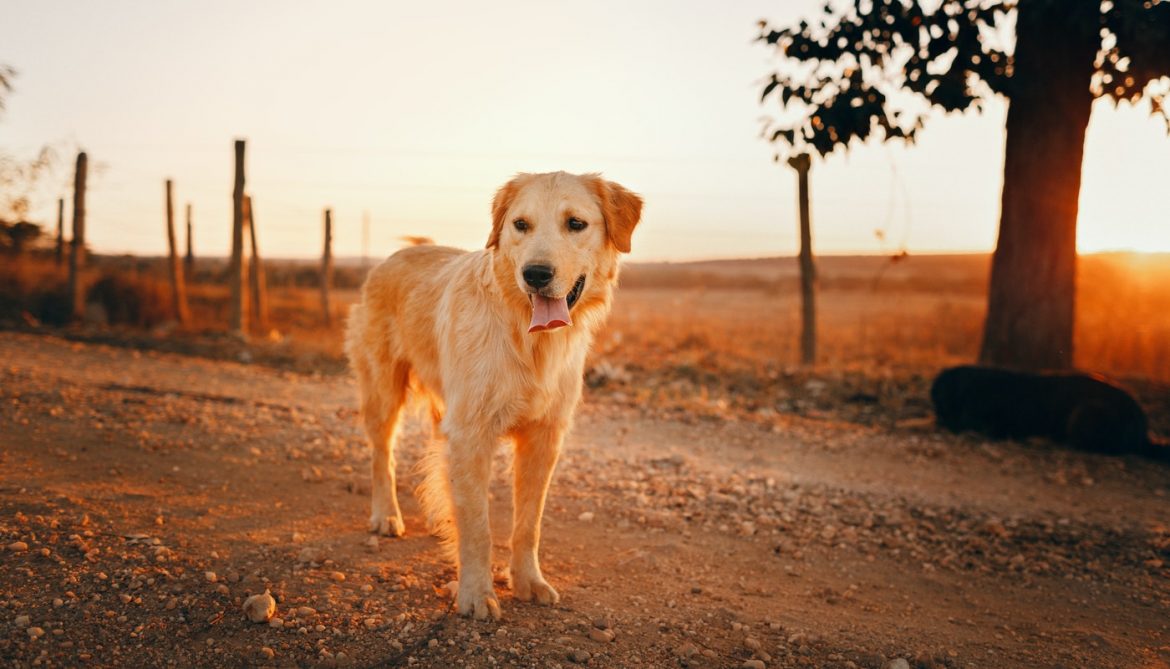Come on, who doesn’t like Golden Retrievers. Heard of the phrase ‘a Golden Retriever smile’? It owes itself to this adorable family favourite breed, the Golden Retriever. Golden Retrievers are as popular as Labrador Retrievers and share many traits in common – the endless love for water, immortal loyalty to family, boundless affection to everyone, and above all, the art of simply living life to the fullest!
History
When you think Golden Retriever, think water. Lord Tweedmouth developed in Golden Retriever from 1840 to the 1890s during the Victorian era. Tweedmouth lived on the banks of the Loch Ness; as a result, the breed developed a fondness for water and a desire to retrieve. Soon, Golden Retrievers began accompanying hunters and helped retrieve shot birds from the water. They were bred to have what’s called a ‘soft mouth’ so that their teeth won’t damage the bird when picking it up. Curious to know whether your GR has a soft mouth? Place an egg in her mouth, and check if it cracks. Soft-mouthed dogs can carry eggs without breaking them.
About the Breed
Nutrition
Like Labradors, Golden Retrievers have breed-specific diets tailored to meet their nutritional needs at every age. In addition to feeding them wholesome, balanced, and nutritious meals, it would help to add supplements like calcium, multivitamins, immunity boosters, and fish oils to prevent arthritis, cataracts, skin infections and other health complications that stem from deficiency and disease. Since GRs are prone to putting on weight much faster than other breeds, it is important to feed them just the right amount, in accordance with age and activity level.
Grooming
Golden Retrievers require daily coat brushing and de-shedding. A trip to a professional groomer once every three months can help keep their fur free from mats and in top condition. Besides this, Golden Retrievers need their ears cleaned every week to prevent ear infections, especially if they swim often. Monthly teeth brushes and nail trims can curb the occurrence of gingivitis and bad posture.
Exercise
Golden Retrievers need lots of exercise – not just to keep them from gaining weight but to also keep them calm indoors. A GR who isn’t exercised will resort to destructive behaviour like chewing, scratching, digging, mouthing – all to release pent up energy that should have been used in exercise and mental stimulation. A Golden Retriever needs three hours of daily aerobic exercise in the form of walks, fetch, swims, jogs, agility, scent work, flyball, drafting, hiking etc. They also require mental stimulation in the form of interactive puzzle toys, treasure hunts, obedience training etc., when indoors. If exercise is what makes a Goldie happy, then exercise is what he should get!
Training
Golden Retrievers are extremely easy to train, quick to learn, and always eager to please.
Health
Over the years, due to backyard breeding and puppy mills, GRs have begun to develop several health complications – hypothyroidism, arthritis, bloat, cataracts, deafness, heart disease, obesity, cancer, hip and elbow dysplasia. Hence, it is imperative to adopt a GR from a reputable breeder or shelter.
Temperament
Golden Retrievers are warm, gentle, affectionate dogs who do well in any type of family.
Golden Retrievers are happy-go-lucky dogs who want all the love and attention from everyone they meet, not just their family! It is this very friendliness and playfulness that ranks them as the second most loved breed worldwide.
,

